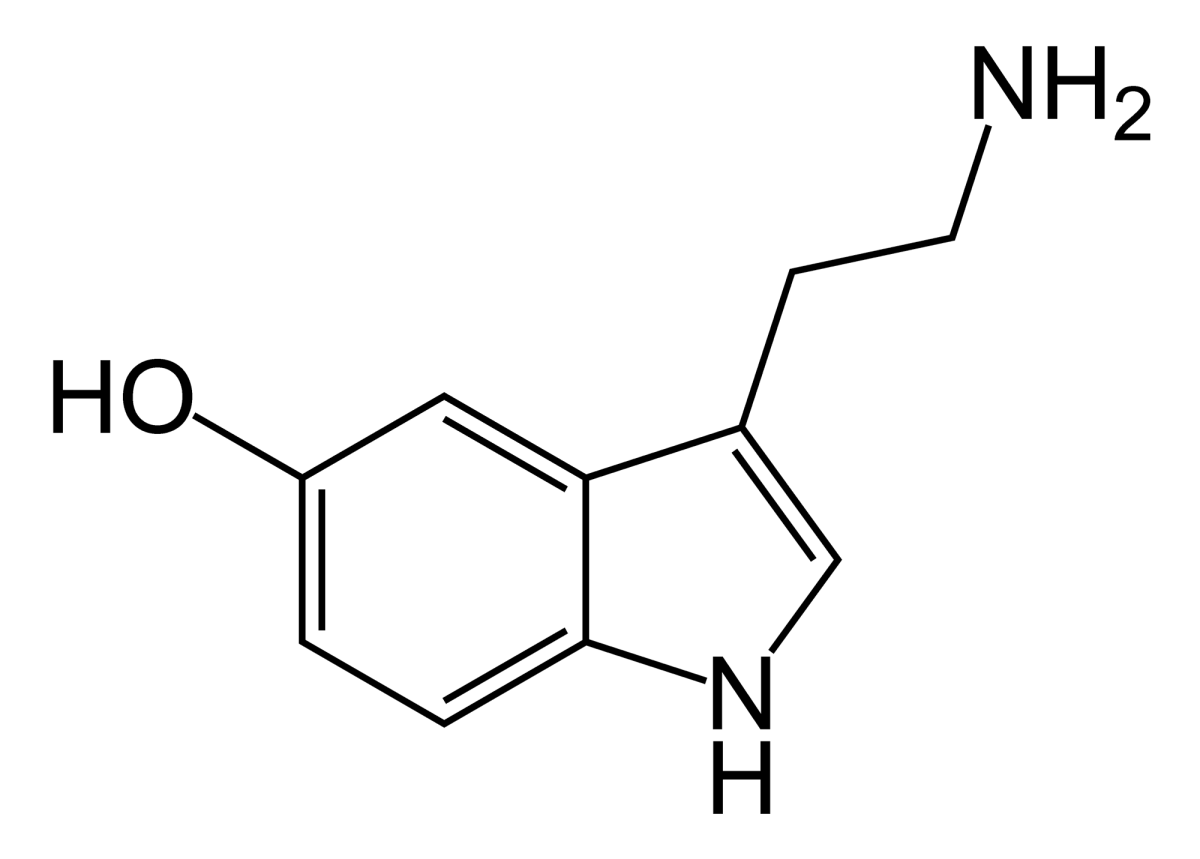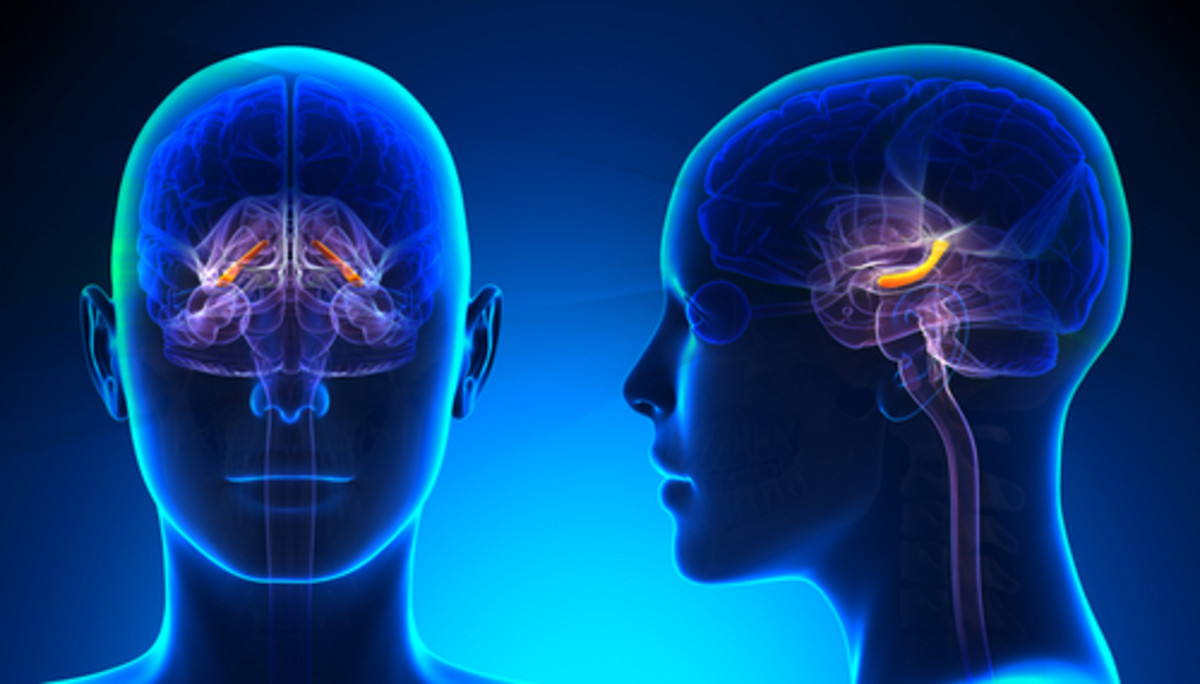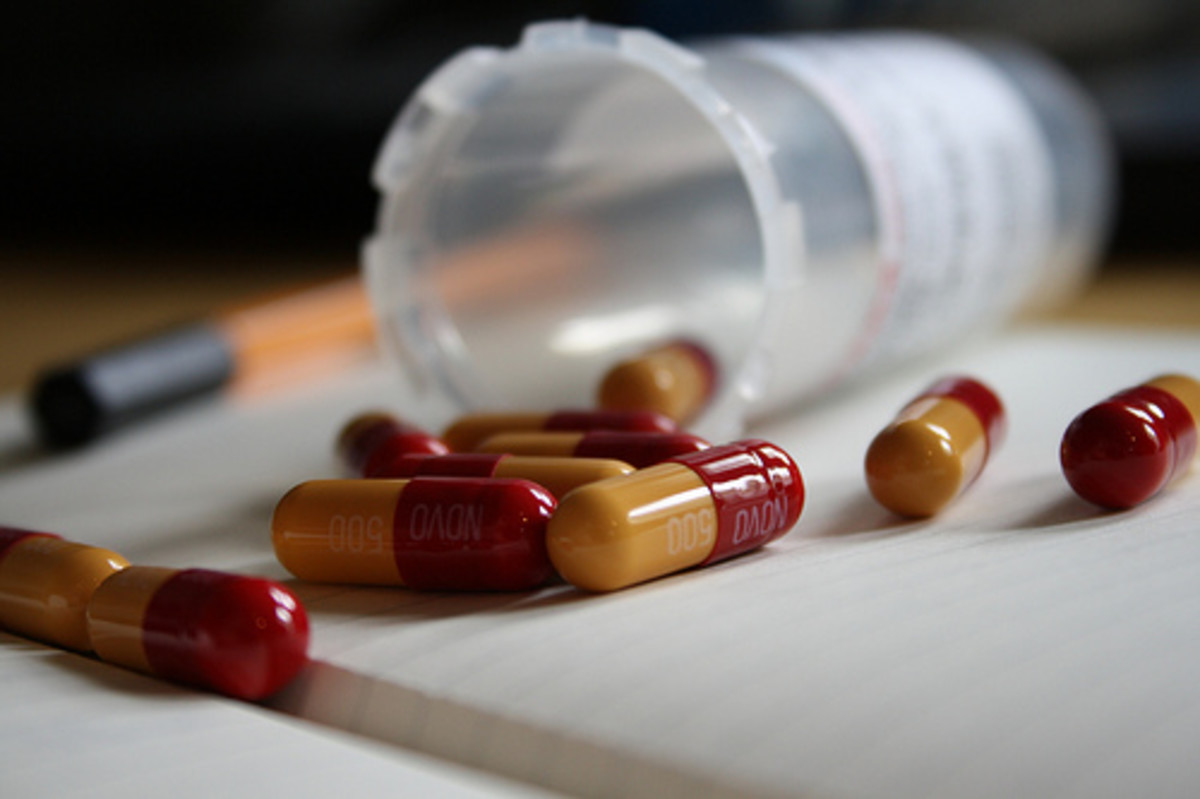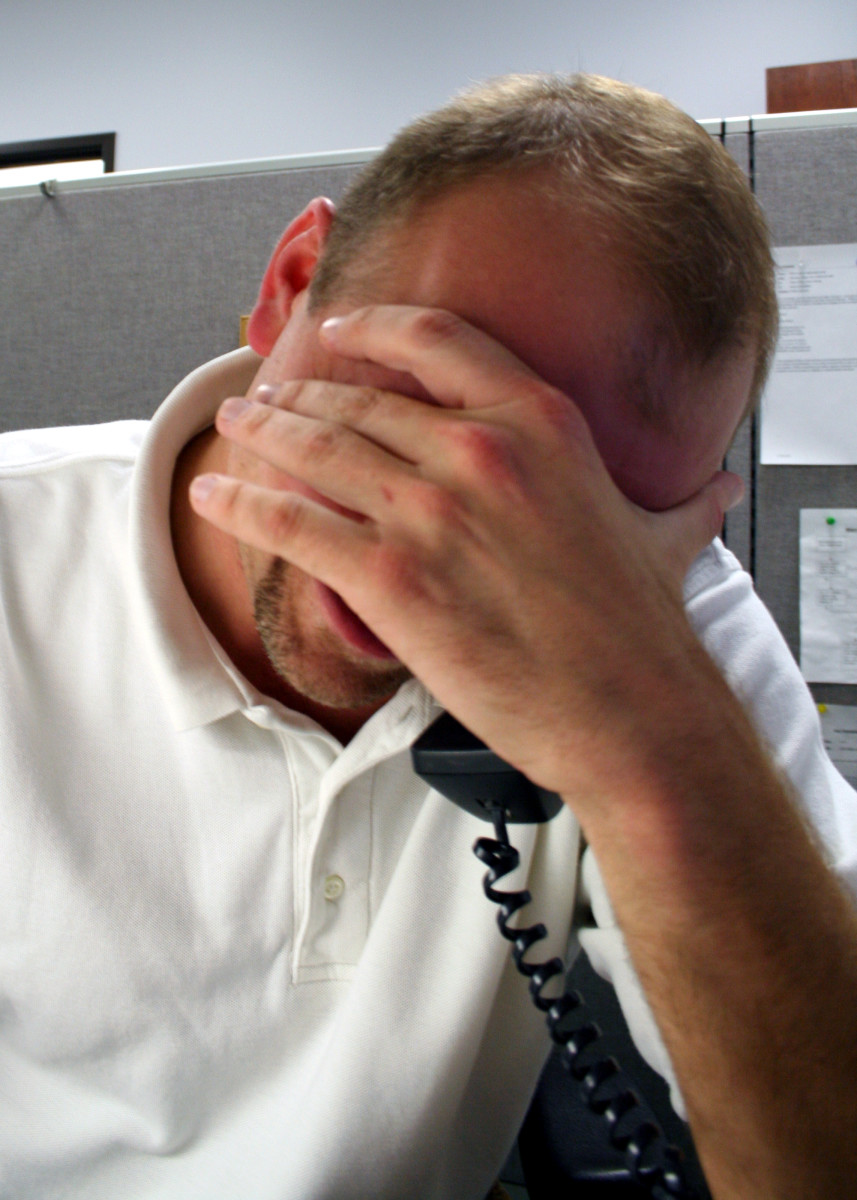Why Do People Get Depressed
Depression

There are Many Causes of Depression
Depression is a very complex illness. There is no one cause of depression, rather it is probably caused by any combination of multiple factors, such as genetics, psychological, biological, and environmental.
Depressive symptoms can happen for many reasons. Medical conditions can be associated with the occurrence of depression. Life changes can bring on this mood disorder. Family history of depression is also inheritable. People who suffer from depression often feel overwhelmed by their feelings of sadness and loneliness and they don’t know why they feel this way.
Depression is thought to be a disorder of the chemicals in the brain that cause an imbalance. MRIs have shown that the parts of the brains that have to do with mood, sleep, thinking, appetite, and behavior of people with depression, look different than people who do not have depression.
While these brain scans show that depression does show up physically, it doesn’t explain what has caused the depression.
Depression Has Many Causes
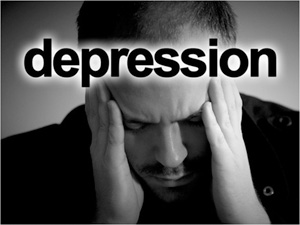
What Science Knows About Depression
Psychologists understand that various struggles in life can trigger depression. But sometimes it just occurs without a trigger.
Scientists are working on studying what brings depression on. They are doing gene research to see what the impact of certain genes and the combination of environmental and other factors make some people more prone to depression.
Science does know women tend to have depression more than men usually do. It is thought that hormones, biology, and psychosocial may contribute to higher depression among women. It is known that hormones affect the chemistry of the brain that control moods and emotions. An example of this, is postpartum depression which occurs because there are hormonal and physical changes after the women gives birth.
PMS pre-mentstrual syndrome, PMDD, premenstrual dysphoric disorder, is linked to hormonal changes that happen when the women is ovulating and right before menstruation starts. Many women are more prone to depression at these times of the month.
Scientists also know that men have slightly higher levels of serotonin than men. Although the difference is very slight. In a study done in September 2007 published in the journal Biological Psychiatry, there may actually be a big difference in the way men and women react to the levels of serotonin and it may be a factor in why women tend to have depression more than men. The study found that men became impulsive, but not depressed, when the serotonin levels were reduced. Women became more cautious, which is linked to depression. Researchers are now looking into the idea that women use serotonin differently than men. There also is the possibility that female hormones interact with serotonin and make a women more susceptible to depression at certain points during her cycle. As science learns more about depression and other mood disorders, these differences will be better able to be explained.
It is also thought that osteoporosis, which has to do with bone loss with age, may also be at an increased risk for depression. As scientist learn more about the monthly rise and fall of estrogen and how these cyclical changes affect the brain, they will learn more about the relationship this has with depression.
Women and Depression
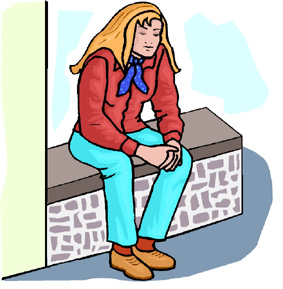
Women Get Depression More Often Than Me
Women also may be more prone to depression because they are trying to balance home and work. Taking care of children, elderly parents, monetary stresses, verbal and physical abuse, and relationship issues, may make women more vulnerable to depression.
Depression in men and women who are dealing with stressful life events that cause the chemistry in the brain to change. Sometimes, viruses, physical illnesses, and prescriptions can bring on depression. If the medications are stopped or the physical ailments are treated sometimes the depression may go away.
Depression is known to have caused from virus infections in previous cases. Mononucleosis is well known for causing depression, and other viruses are also known to bring on depression after the fever and ailment has subsided. If the virus goes away and it causes depression, the person will need treatment for depression, otherwise the depression can return more intensely, and for a longer period of time.
Low thyroid condition, which is an underactive thyroid can also put people more at risk of developing depression. Blood tests can determine if a person has a slow thyroid, which is an autoimmune disease. Sometimes the thyroid gland have previously had anxiety.
Aging and Depression

Depression and Physical Illness
Depression can also be a complication of many different types of illnesses. Illnesses that affect a person’s immune system, hormones, and body chemistry may especially make a person more prone to depression. In about a third of people with these conditions, depression may develop. Just treating the physical ailment may or may not abate the depression. Sometimes, they will also need treatment for the depression.
Some factors that can increase the possibility that the depression is symptomatic of a physical illness include:
-
intellectual difficulty, like not being able to say the months of the year in the reverse order.
-
withdrawing from alcohol and illegal drugs.
-
having visual hallucinations.
-
smelling things that other people are not smelling.
-
the depression is not responding to several different antidepressant medications.
-
the person has episodes of confusion.
Medical tests to check for physical conditions that may be causing depression:
-
blood tests are often a simple way to test for certain physical ‘conditions. They can measure ESR, which measures the inflammation in the body.
-
a thyroid function test
-
a liver test
-
kidney function test
-
testing blood sugar levels
-
testing for STDs (sexually transmitted diseases)
-
chest x-ray
-
CT scan of the brain
-
MRIs
Sometimes depression can be caused by calcium, phosphate, vitamin B-12, folic acid, and other abnormalities and there are other specific blood tests that can be done to search out possible causes of depression.
Depression and the Brain
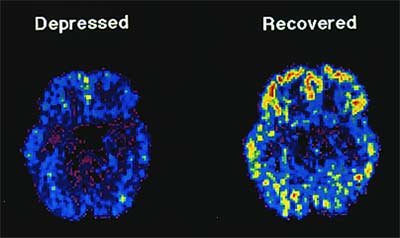
The Brains of People Who Are Depressed Look Different
There are certain factors that can increase the susceptibility of some people to suffer from depression.
-
people who have been abused can suffer from depression as they age.
-
medications such as beta blockers and drugs that treat high blood pressure can increase the potential for someone to get depressed.
-
personal conflicts and very difficult interpersonal relationships can cause depression
-
grief and loss can cause great sadness and lead to depression
-
family history increases the risk of depression. Genetics plays a major role in the possibility of a person getting depression
-
even good events can bring on depression because if the changes are big enough, the person may become overwhelmed. Moving, new job, retiring, graduating, getting married
-
dealing with a major or serious illness can also lead to depression
-
approximately 30% of people who abuse drugs and alcohol are known to have depression. Depression is generally thought of as a psychological disorder due to emotional factors. But did you know that depression can be caused by medications and physical illnesses too
The brains of people who are depressed look different on MRIs than people who are not suffering from depression. The hippocampus in the brain, which is a small part of the brain that stores memories. In depressed people the hippocampus is smaller than people who have never suffered from depression. Scientists don’t know why depressed people have a smaller hippocampus. One theory which has not been totally proven has to do with cortisol. Cortisol is thought to be toxic for the hippocampus, and the effect may make this brain part smaller. A smaller hippocampus has less serotonin receptors. Serotonin is a neurotransmitter that is manufactured in the brain and helps and helps relay messages from one part of the brain to another, and from nerves in the brain and the body. Serotonin is a calming chemical. Over 90% of serotonin is actually found in the digestive tract and in blood platelets.
True of False
view quiz statisticsLearning About Depression
Serontonin and Depression
Because serotonin is distributed so widespread throughout the body,this hormone can influence many psychological and physical functions. We have approximately 40 million brain cells, which are influenced directly or indirectly by serotonin. Serotonin can affect our mood, our appetite, our memory, our ability to learn, our sexual desires and functioning, our social behavior and body temperature regulation. Serotonin can also have an effect on our cardiovascular system, our endocrine system, and our muscles. For lactating women, serotonin may have an impact on regulating milk production too.
Some in the field believe that people who are depressed are born with a smaller hippocampus, which may make them more predisposed to depression. If there is less production of serotonin in the brain, and less receptor sites that can receive the serotonin, there is a greater possibility of depression occurring.
When there is an imbalance in the levels of serotonin, depression may result.
Another theory by Barry Jacobs, PhD, a neuroscientist at Princeton University, says that stress is a major factor in the development of depression, and he believes that in some people, there is a suppression of new brain cells, most likely caused by stress. Antidepressant medication helps the production of new brain cells, which increase the serotonin levels and help the depression to go away.
Science has no way to measure the amount of serotonin levels in the brain, but it is strongly believed that lower levels of serotonin are correlated to depressive feelings. Blood levels however are lower in people with depression, but scientists are not entirely sure if blood levels reflect the levels of serotonin in the brain. Science also does not know if depression causes the serotonin levels to be low, or the low levels of serotonin cause the depression. The SSRIs, Selective Serotonin Reuptake Inhibitors, and SNRIs, Serotonin and Norepinephrine Reuptake Inhibitors, are medications that reduces depression, but scientists don’t exactly understand how they completely work.
There is a lot more that science needs to learn about depression, and as they do, they will be better able to treat this condition and better the lives of all who are affected by it.


